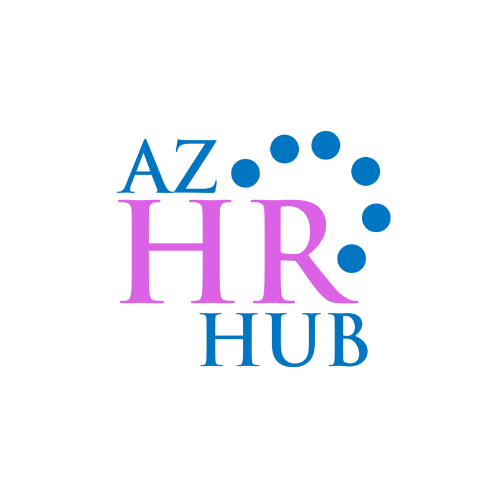Your Guide to Documentation: Effective Decision-Making and Performance Management
In the dynamic landscape of human resources, documentation stands as a cornerstone for informed decision-making, fair evaluations, and legal protection. Whether it's hiring, performance reviews, or disciplinary actions, comprehensive documentation not only enhances clarity but also safeguards the interests of both employers and employees. Let's delve into the importance of documentation in employment decisions and performance management.
Importance of Documentation:
1. Clarity and Transparency:
Documentation provides a clear record of events, conversations, and actions, ensuring transparency in employment-related decisions.
It helps in avoiding misunderstandings and conflicts by providing a factual basis for decisions.
2. Legal Protection:
Proper documentation serves as crucial evidence in case of disputes, lawsuits, or regulatory audits.
It demonstrates that employment decisions were made based on legitimate factors and in compliance with relevant laws and policies.
3. Performance Evaluation:
Documented performance reviews and feedback sessions facilitate constructive communication between managers and employees.
It allows for objective assessment of performance over time, aiding in identifying areas of improvement and recognizing achievements.
4. Consistency and Fairness:
Documentation ensures consistency in applying policies and procedures across all employees, promoting fairness in treatment.
It helps in avoiding biases or favoritism by providing an objective basis for decision-making.
5. Memory Aid:
Human memory is fallible, and details of past events may fade over time. Documentation serves as a reliable memory aid, capturing important details accurately.
It enables managers to refer back to past discussions or incidents when making decisions or addressing issues.
Best Practices for Documentation:
1. Timeliness:
Document events, conversations, and performance observations in a timely manner to ensure accuracy and relevance.
Delayed documentation may lead to inaccuracies or omissions, diminishing its effectiveness.
2. Objectivity:
Maintain objectivity in documentation by focusing on facts rather than opinions or assumptions.
Use specific details, dates, and examples to support your observations or conclusions.
3. Completeness:
Ensure that documentation is thorough and comprehensive, covering all relevant aspects of the situation or decision, including the time and place, who was involved in the situation or decision, and any important details.
Include relevant documents, such as performance evaluations, emails, and meeting notes, to provide context.
4. Confidentiality:
Handle sensitive information with care and maintain confidentiality as per company policies and legal requirements.
Limit access to confidential documents to authorized personnel only.
5. Accessibility:
Store documentation in a centralized and secure location that is easily accessible to relevant stakeholders.
Establish clear protocols for retrieving and updating documentation as needed.
Documentation serves as a vital tool in employment decision-making and performance management, fostering transparency, fairness, and legal compliance. By adopting best practices for documentation, organizations can mitigate risks, enhance communication, and promote a positive work environment. Remember, in the realm of HR, thorough documentation is not just a best practice—it's a necessity.
Your documentation journey starts here!
Are you looking to enhance your organization's documentation practices or need guidance on employment decisions? Schedule a FREE Consultation with AZ HR Hub today for expert support and tailored solutions.

